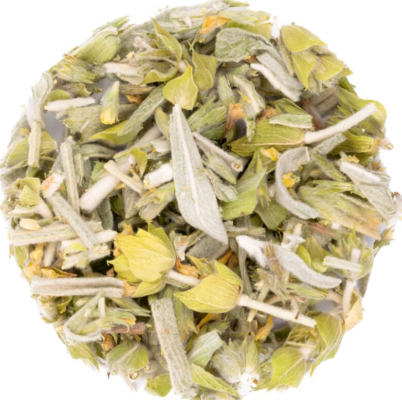Although the tea plant (Camellia Sinensis) originates from South-East Asia, the consumption of tea is often seen as inherently British, partly due to its massive popularity ever since the East India trading company started importing tea in massive quantities in the 18th century. However, tea wasn’t always held in such high regard, quite the opposite, as for a brief moment in history tea was demonized throughout Britain.
Tea first arrived in England in the early to mid-17th century, when Dutch traders started bringing tea over from the East. Initially it was served as a novelty drink in the city’s coffee houses, where the upper classes and aristocrats congregated. Tea was still a luxurious commodity at that time, and the popularity of tea at that time was mostly attributed to the suggested healing properties of tea, which appealed to the increasingly health-orientated elite. As the years went on, and the tea trade continued to flourish, tea became not only more popular, but also more accessible to the common man. In the first half of the 18th century the East India Company more than quadrupled the import of tea, the price of tea inevitably fell, and soon the consumption of tea started spreading to first the middle classes, and eventually the working class by the 19th century.

However, as stated before, not everyone was happy with this development. Social commentators and certain sections of the upper classes began condemning tea as it reached the lower classes, arguing that it was aiding the collapse of British morality. Perhaps the most notable opponent of tea was philanthropist and traveler Jonas Hanway, who wrote a scathing review arguing that tea was “pernicious to health, obstructing industry and impoverishing the nation.” A lot of the critique of tea echoed this sentiment. It was argued by some that tea, unlike beer (!), had no nutritional value, and that the consumption of it by the working classes led to indulgence, melancholy and a feeble body. Beer had been overtaken by tea as the national beverage, the status quo wasn’t happy, and as a result some opponents actually argued to do away with afternoon tea in lieu of beer for the working classes.
Luckily, these sentiments were only short-lived. By the 19th century tea had become a necessary part of the days of many laborers, but also upper classes alike. The British temperance movement, an attempt to move away from the consumption of alcohol, and the debauchery associated with it, played a big part as tea was seen as the premier beverage to help keep people sober. Incidentally this is where the large Christmas tea parties of the 19th century first originated.



